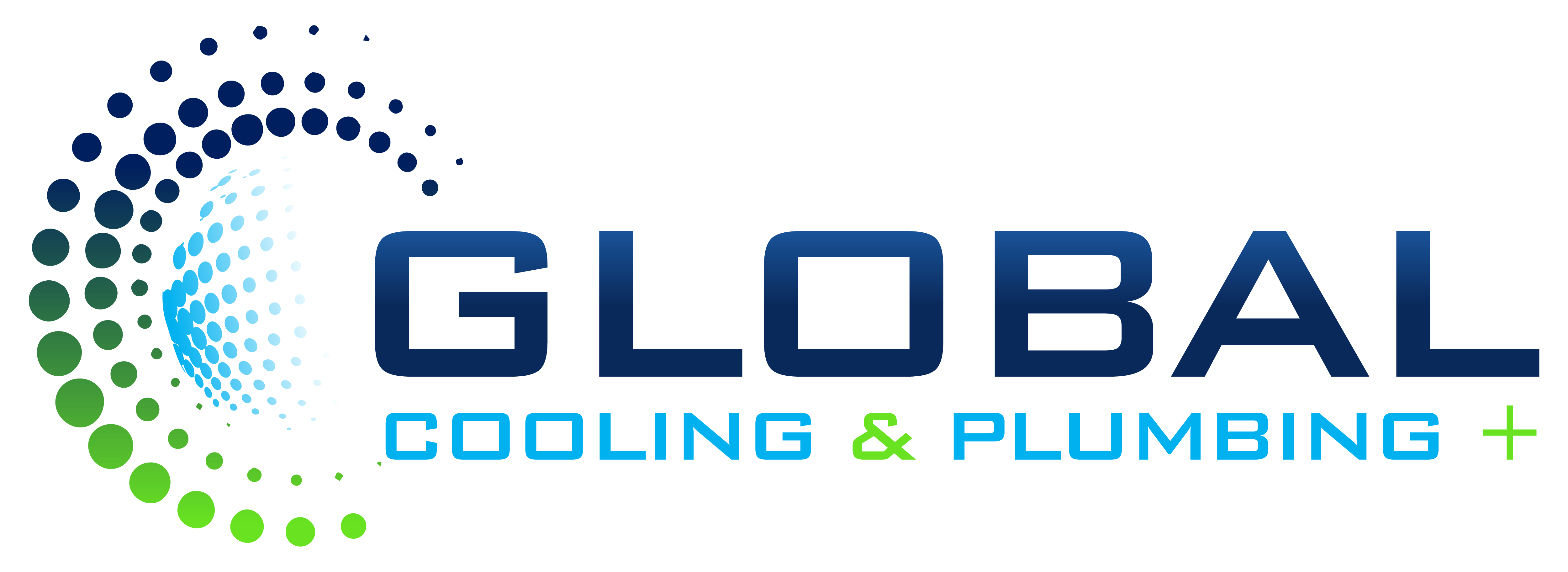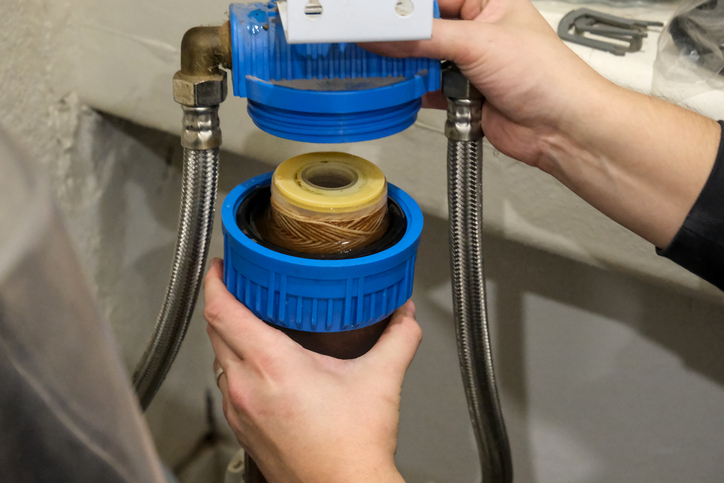Introduction
If your home suffers from low water pressure, corroded fixtures, or frequent plumbing repairs, you might be facing the effects of hard mineral water. High concentrations of calcium and magnesium minerals in your water supply don’t just affect taste or cleaning—they can slowly wear down your plumbing infrastructure. Installing a water softener system can significantly improve how your plumbing performs, functions, and lasts. Whether you’re building a new home or upgrading an older one, understanding the relationship between soft water and plumbing efficiency can help you make smarter decisions.
Boost Plumbing Efficiency with a Water Softener
1. Reduces Scale Buildup in Pipes
What is hard water? It’s water that contains high levels of calcium and magnesium that leave behind mineral deposits within pipes. These deposits, known as scale, gradually shrink the diameter of your plumbing lines. When left untreated, scale buildup restricts water flow, increases pressure inside pipes, and puts extra stress on your plumbing system. Over time, this can lead to leaks, cracks, or full pipe replacements. A water conditioner system removes the minerals before they enter your pipes, helping water flow freely and reducing long-term wear on your plumbing infrastructure.
2. Extends the Life of Fixtures and Faucets
Have you noticed white chalky stains around your faucets or showerheads? These are common signs of hard water issues, where mineral-rich water leaves stubborn residue behind. Stain-causing water corrodes metal, breaks down rubber gaskets, and causes buildup around faucet nozzles and aerators. As a result, you may deal with frequent clogs or dripping fixtures. With a water softening system, these minerals are filtered out, reducing buildup and corrosion. Your faucets, fixtures, and showerheads last longer, look better, and perform more reliably without constant cleaning or repairs.
3. Helps Water Heaters Operate More Efficiently
Water heaters are especially vulnerable to unconditioned water. Minerals settle at the bottom of the tank, forming an insulating layer of sediment that forces the unit to work harder to heat water. This extra workload increases energy use and shortens the unit’s life. In tankless systems, mineral scaling along the heating element leads to blockages and poor performance. A water conditioner system prevents these issues by supplying cleaner water, which helps your water heater maintain better output and function with less energy waste.
4. Prevents Clogging in Appliances with Water Lines
Washing machines, dishwashers, and refrigerators with water dispensers or ice makers all rely on clear, clean water flow. Hard mineral water accumulates in valves, hoses, and internal parts, reducing efficiency and increasing the likelihood of breakdowns. A water softening unit minimizes mineral deposits in these appliances, supporting steady performance and fewer service calls. Over time, you’ll experience fewer mechanical issues and enjoy cleaner dishes, brighter laundry, and better-tasting water and ice.
5. Supports Long-Term Pipe Durability
Soft water helps maintain pipe health in the long run. Stain-causing water causes mineral scaling not only on the surface but also deep within joints and bends in the plumbing layout. This accelerates corrosion, especially in older homes with galvanized or copper pipes. By choosing a trusted water softener, you protect your plumbing from abrasive buildup and internal damage. Pipes last longer, joints remain sealed, and there’s less risk of sudden pipe failure or costly repairs hidden behind walls or under flooring.
6. Reduces Need for Harsh Cleaning Chemicals
Because hard water leaves residue on surfaces, sinks, tubs, and toilets often need repeated scrubbing with strong cleaners to remove stains. These chemicals not only increase household expenses but can also wear down plumbing fixtures and affect wastewater treatment systems. With a water conditioner unit, surfaces stay cleaner with less effort, reducing the need for chemical-heavy maintenance. This indirectly helps protect drain lines and fixtures from damage caused by abrasive or corrosive cleaning agents.
7. Improves Water Pressure Consistency
As mineral buildup narrows your pipes, your home’s water pressure can become erratic. You might experience a weak shower stream one day and an inconsistent kitchen faucet flow the next. In extreme cases, clogged lines may create sudden drops in pressure throughout the house. A water conditioning system helps maintain consistent water pressure by keeping the interior of pipes clear. It prevents internal restriction and keeps water flowing evenly, regardless of the fixture or time of day.
8. Enhances Overall Plumbing Performance
From easier drain flow to smoother appliance performance, the impact of softened water can be felt across your home. A water treatment system keeps everything from shower valves to toilet fill mechanisms operating with less resistance. With fewer scale-related problems, your plumber visits drop, your water system works more efficiently, and your home becomes easier to maintain. Soft water reduces friction, minimizes repairs, and helps your entire plumbing network operate as it should—quietly and consistently.
The benefits of a water softener system reach far beyond just removing minerals from tap water. By reducing scale, protecting appliances, and maintaining flow efficiency, it plays a key role in extending the life of your entire plumbing system. Whether you’re tired of low water pressure, dealing with corroded fixtures, or trying to get the most out of your appliances, soft water supports smoother performance across the board. It’s a smart solution for long-term home value and comfort.
Conclsuion
Boost your plumbing performance with a water softener system from Global cooling. Get in touch with our team at (830) 992-7887 today to reduce buildup, protect pipes, and extend fixture life effortlessly.
📌 Trust Global Cooling for reliable, high-quality plumbing, heating, and air conditioning services — delivered fast, with friendly, local care.

 SCHEDULE A SERVICE
SCHEDULE A SERVICE
